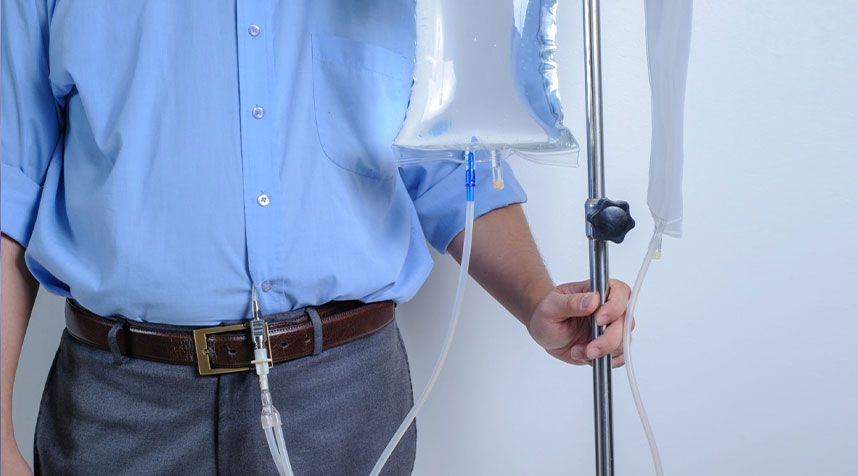When diagnosed with kidney failure, you may be left with two choices; a dialysis or kidney transplant. If you want to go for dialysis, it is important to understand the process, the benefits, and the risks involved. Here, we have covered all the things that you should know about dialysis. Read on!
When do I Require Dialysis?
This is a common question in the minds of patients with kidney diseases. But, your nephrologist recommends dialysis to you when you have end-stage kidney failure. This is when you have lost around 85-90% of kidney function and have a GFR of less than 15. GFR is the glomerular filtration rate and indicates how efficiently the kidney is filtering blood.
How does Dialysis work?

Dialysis works by removing excess fluid and waste products from the blood. It also helps in controlling blood pressure and maintaining normal levels of sodium, carbonate, and potassium.
If kidney failure is left untreated, it can lead to a buildup of waste products to dangerous levels in the body. This can be fatal. But dialysis can prevent this from happening.
Dialysis can be of two types:
1. Hemodialysis

This is one of the most common forms of dialysis. In this method, a tube will be attached to a needle in the arm. The blood will move along this tube to a machine that filters the blood and returns it to the body via another tube. This process can be done at home or at a dialysis center. It is usually carried out for about 3 days a week. The session can last for nearly 4 hours. Home dialysis usually has more frequent sessions. But, you can choose the treatment plan as per your needs.
2. Peritoneal Dialysis

This method of dialysis uses the peritoneum which is the inner lining of the abdomen to filter blood. Since it has many tiny blood vessels, it can be effectively used as a filtering medium. Before the dialysis is given, a cut will be made near the belly button and a catheter will be inserted through this incision. This tube will then be placed inside your abdomen. As the blood flows along the blood vessels of the peritoneum, excess fluid and waste products will move from the blood into the dialysis fluid. This fluid is then collected into a bag every few hours and then replaced with fresh fluid. Changing the fluid can take around 30-40 minutes and has to be done about 4 times a day.
For how long do I have to be on Dialysis?
Sometimes, kidney failure is temporary and you will require dialysis for some time before your kidney recovers. However, if your kidney has failed, you may have to be on dialysis till you get a kidney transplant. But, since it is not possible for everyone to get a kidney transplant done, dialysis may be required for a lifetime. The life expectancy for dialysis can be influenced by your condition and treatment plan. On average, dialysis patients survive for 5-10 years. But, still, some patients have survived for more than 20 years on dialysis. It is best to talk to a nephrologist to understand your odds.
Coping with Dialysis
Many patients face difficulties while coping with dialysis as adjusting to this new lifestyle can become challenging. However, by relying on the support of your healthcare team, friends and family, you can overcome the obstacles. It is vital that you take care of your health by staying active and following the procedures for dialysis properly. Many dialysis patients can return to work after their sessions but if your work is physically demanding then you may need to change your job.
Avail Kidney Transplantation Across the World
Conclusion
Dialysis plays an important role in compensating for the functions of your failed kidney. However, it is not a cure for kidney failure. A kidney transplant could be a long-term solution but it is important you carefully weigh the options possible for you. Deciding the best course of action for your condition requires careful consideration and discussion with your doctor.
Reference Links:




